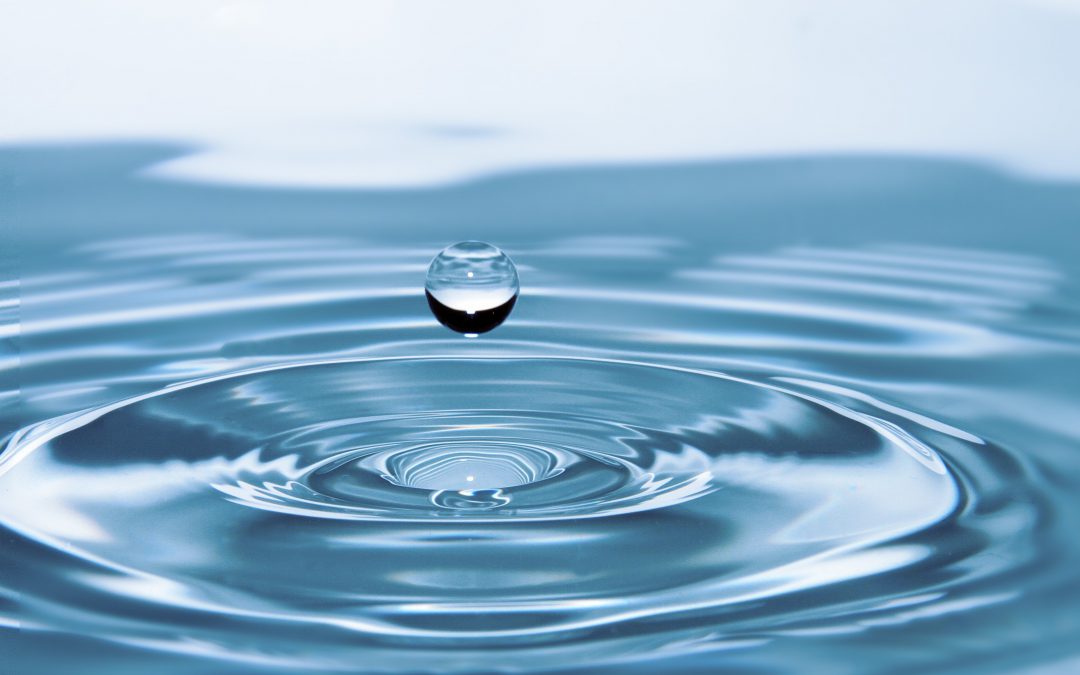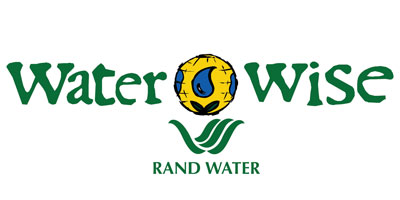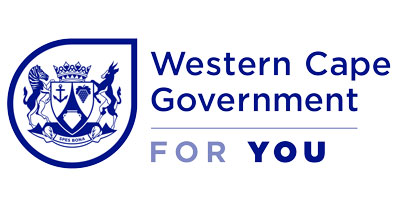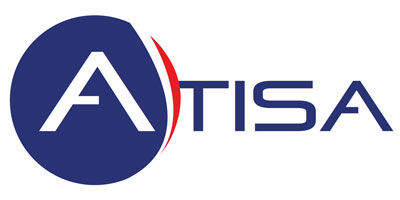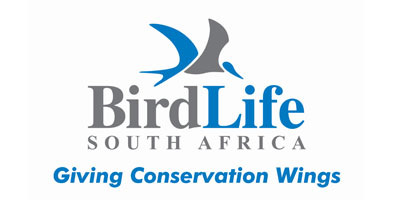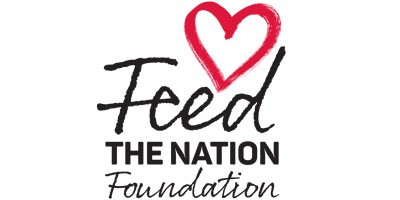Every year, UN-Water sets a theme for World Water Day, and this year it is about how water and climate change are inextricably linked. The aim of the day is to teach adults and children how our use of water will help reduce floods, droughts, scarcity and pollution, and help fight climate change itself.
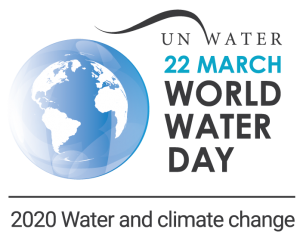
It is also to impress upon policymakers that water needs to be a central part of their action plans. The global campaign is launched via www.worldwaterday.org and on social media. Many activities around the world are organised in recognition of its importance, including concerts, film screenings, competitions, exhibitions, fun runs and tree planting. United Nations Secretary-General António Guterres said: “Warnings are necessary. But fear will not get the job done.” Trying to address the problem of climate change can feel scary and daunting, but there is one simple step we can all take immediately that will make a significant difference: Don’t waste water!
Some of the important messages that the campaign hopes to get across include the following:
Water can help fight climate change
Sharing facts about water and climate change can make a difference in the way water is conserved. People need to know, for example, that wetlands soak up carbon dioxide from the air and rainwater can be stored for dry periods. Planting vegetation protects against flooding and soil erosion, and wastewater can be re-used. There are many global initiatives in place to inspire us to show more care of this precious natural resource such as “Preserving the ‘Earth’s Kidneys'” which is a wetland conservation project in China. Did you know that 40% of the world’s species live or reproduce in wetlands? They store, assimilate and transform pollutants before reaching the water table and waterways, naturally disinfecting the water, and they help to control floods and reduce the devastating effects of droughts.
Everyone can do something to help save water
In South Africa, we are familiar with the effects of water shortages, but it is good to keep reminding ourselves and passing on the message to save water. Some simple suggestions are to:
- Reduce your shower to just a few minutes- if you put a bucket in your shower to collect excess water, you can reuse it to water your plants
- Don’t leave the tap running when brushing your teeth
- Shop sustainably
- Only wash full loads of laundry in washing machines
- Recycle water – for example, use “grey water” to wash your car and flush toilets
- Clean vegetables in a bowl of water instead of under a running tap
- Flush toilets less frequently
- Help prevent water pollution by scraping food scraps off your plate and putting them in the waste, rather than washing them down the drain
- Turn off dripping taps and fix any leaks
We cannot afford to wait!
The predicted challenges of climate change will severely impact the availability and quality of water on the planet. Higher temperatures and less predictable weather patterns will affect rainfall, snowmelt, river flows and groundwater. More floods and severe droughts are expected. Change in water availability affects health and food security and triggers refugee movements. Consider the River Chad, for example. A source of water to millions of people, the river has shrunk by 90% since the 1960s because of reduced rainfall due to climate change, an increase in human demand for freshwater and the development of modern irrigation systems for agriculture. As the lake continues to dry up, herders and farmers are forced to find alternative means of survival. The image below shows the diminishing water supply from 1963 to 2017.
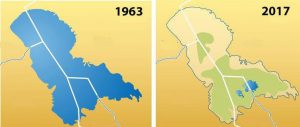 Water coverage: Lake Chad
Water coverage: Lake Chad
In support of World Water Day, individuals are encouraged to share messages on social media which have been pre-made and can be downloaded here: https://www.worldwaterday.org
Water flows across borders
We need to work together to manage water more efficiently, in order to fight climate change and safeguard our communities and businesses. It is an issue that needs to be tackled by individual and community efforts, and globally, by policymakers who can act to protect and conserve our water sources.
References
ESA Earth Online. (2019). Lake Chad’s shrinking waters – Featured Image – Earth Online – ESA. Retrieved 26 February 2020, from https://earth.esa.int/web/guest/featured-image/-/article/lake-chad-s-shrinking-waters
UNDP ECOSYSTEMS & BIODIVERSITY. (2020). LET’S PRESERVE THE “KIDNEYS OF THE EARTH.” Retrieved 26 February 2020, from https://undp-biodiversity.exposure.co/preservemos-los-rinones-de-la-tierra
UN-Water. (2020). Climate Change | UN-Water. Retrieved 26 February 2020, from https://www.unwater.org/water-facts/climate-change/
Worldwaterday.org. (2020). Learn – World Water Day. Retrieved 26 February 2020, from https://www.worldwaterday.org/2020-home/learn/

